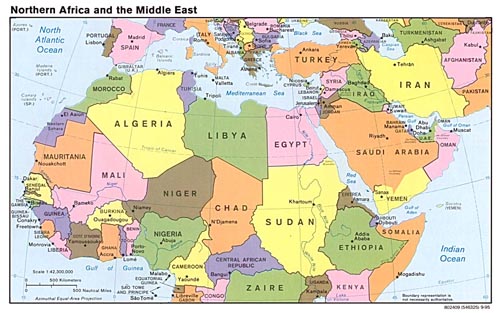
IDF adopts new mobile phone for transferring classified information
(Israel Hayom/Exclusive to JNS.org) After more than a decade in which the Mountain Rose served as the secure operational mobile network of the Israel Defense Forces (IDF), the Israeli military is poised to adopt a new device from Motorola that will allow the transfer of classified information.
The upgrade means that for the first time, Israel’s armed forces will able to use a secure version of the WhatsApp messaging application, send video clips and locations in real time, and identify fallen soldiers by their fingerprints.
The new technology comprises a sweeping change for the IDF, which for the past 10 years has employed a secure mobile system that could only be used for spoken conversations about classified matters. The new device, which will be called “Maya,” was developed for the Android operating system and will feature a touch screen and operational applications. It will be outfitted to withstand tough field conditions, including dust and water, and long falls.
The army’s C41 Teleprocessing Corps is currently busy developing the applications to be installed on the device, which will also feature an “operational Waze” navigation app that will allow routes to be programmed into the device quickly.
In addition, the army has developed an application to allow soldiers in the field to reorder ammunition, food, and any other logistical equipment that is needed. Another advantage to the Maya is that doctors working in field conditions will be able to take pictures of patients and send them to experts at Israel’s hospitals, who can consult on how best to treat a compound wound.
The IDF plans to order thousands of the operational mobile phones, which will be distributed to personnel up to the rank of company commander, and probably platoon commander. The system will go “operational” starting in 2017, and the current assessment is that it will be installed by the end of 2018.
*
U.N. renews peacekeeping mandate at Israel-Syria border in Golan Heights
(JNS.org) Israeli Ambassador to the United Nations, Danny Danon praised the U.N. Security Council’s decision on Wednesday to renew the mandate to deploy the U.N. Disengagement Observer Force (UNDOF) in the Golan Heights region until the end of the year.
“UNDOF manning these positions is in Israel’s interest,” said Danon.
“The UNDOF peacekeepers play an important role, and Israel is interested in them returning to the buffer zone in the quickest and safest way possible,” he added.
The UNDOF peacekeeping force was created after the 1973 Yom Kippur War to monitor the Israel-Syria border. The mandate has been renewed every six months since that time, but UNDOF stations were abandoned in 2014 when Islamic terrorists fighting in the Syrian civil war captured UNDOF peacekeepers and held them hostage.
Additionally, the Security Council condemned the fighting that continues on the border and called “on all parties to the Syrian domestic conflict to cease military actions in the UNDOF area of operations and to respect international humanitarian law.”
*
Mideast Quartet cites violence, settlements, and Gaza as barriers to peace
(JNS.org) A long-awaited report by the Middle East Quartet cites the ongoing Israeli-Palestinian violence, Israeli settlement expansion as well as the chaotic situation in Gaza as the main impediments of peace, according to the United Nations special envoy for the Middle East.
“These negative trends can and must be urgently reversed in order to advance the two-state solution on the ground,” U.N. Middle East envoy Nickolay Mladenov told the United Nations Security Council at a briefing on Thursday.
The report by the Middle East Quartet—the United States, Russia, the European Union, and the United Nations—is seeking to be a catalyst in resuming Israeli-Palestinian peace talks. It is expected to be released on Friday after months of delay.
“The main objective of this report is not about assigning blame,” Mladenov told the Security Council. “It focuses on the major threats to achieving a negotiated peace and offers recommendations [for both sides] on the way forward.”
If the U.N. Security Council endorses the report’s recommendations, many Israeli officials and experts say a diplomatic move could strongly pressure Israeli foreign policy.
*
Two Israelis stabbed in Netanya, suffer moderate and light injuries
(JNS.org) Two Israelis were stabbed by a Palestinian terrorist near the central market in Netanya on Thursday.
A 40-year-old man was moderately wounded and a 30-year-old woman was lightly wounded, according to reports. Both were stabbed in their upper bodies and subsequently given emergency treatment by Magen David Adom paramedics. The victims were then evacuated to a local hospital in Netanya.
The 40-year-old Palestinian terrorist who carried out the attack was shot and killed by an armed civilian at the scene. The attacker was a resident of the Palestinian city of Tulkarem, which is located about 10 miles east of Netanya.
*
Articles from JNS.org appear on San Diego Jewish World through the generosity of Dr. Bob and Mao Shillman. Comments intended for publication in the space below MUST be accompanied by the letter writer’s first and last name and by his/ her city and state of residence (city and country for those outside the United States.)